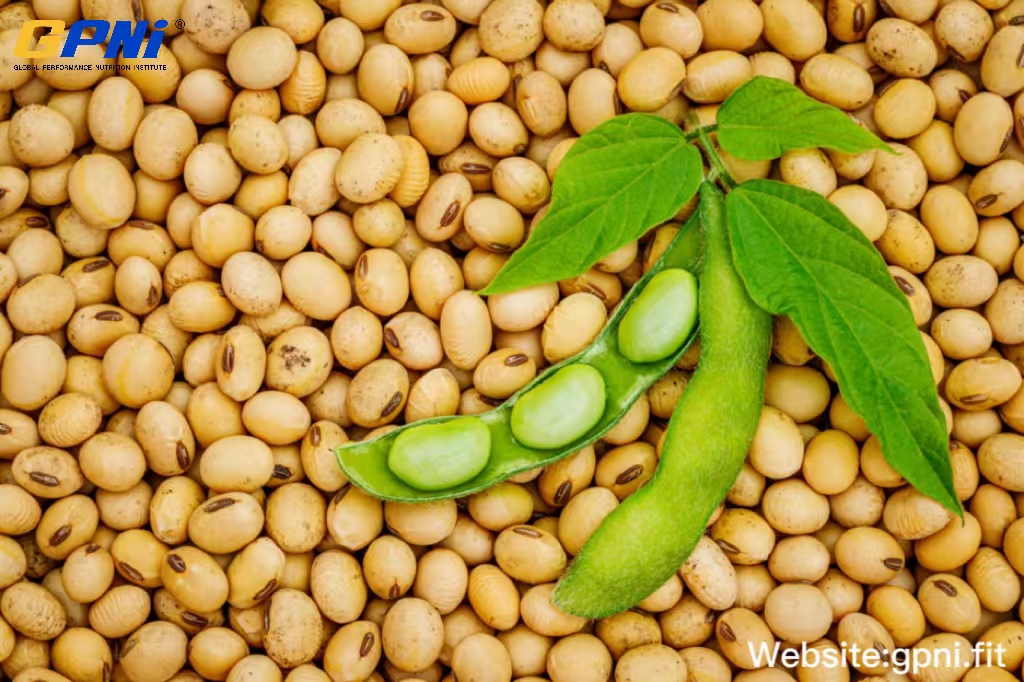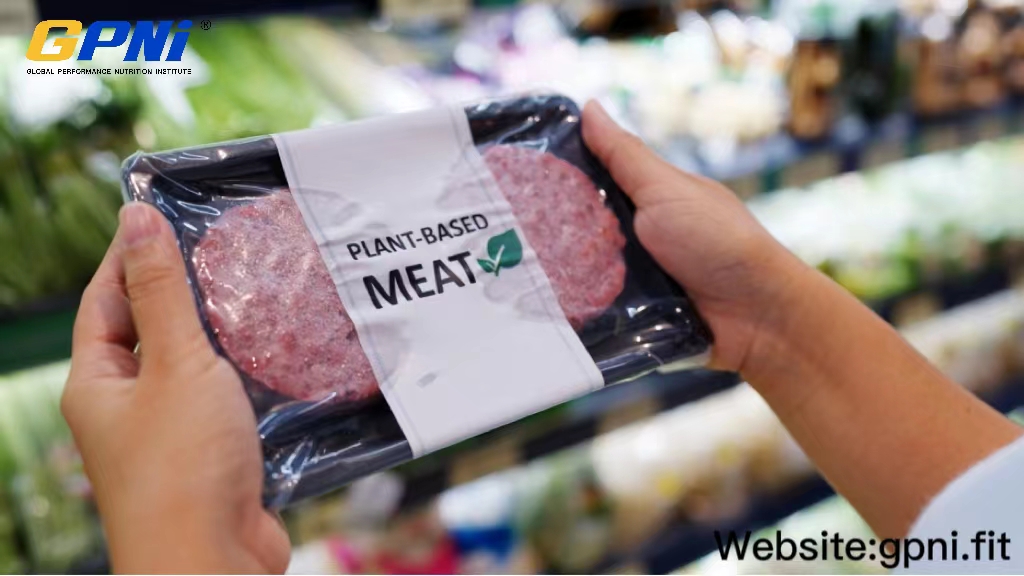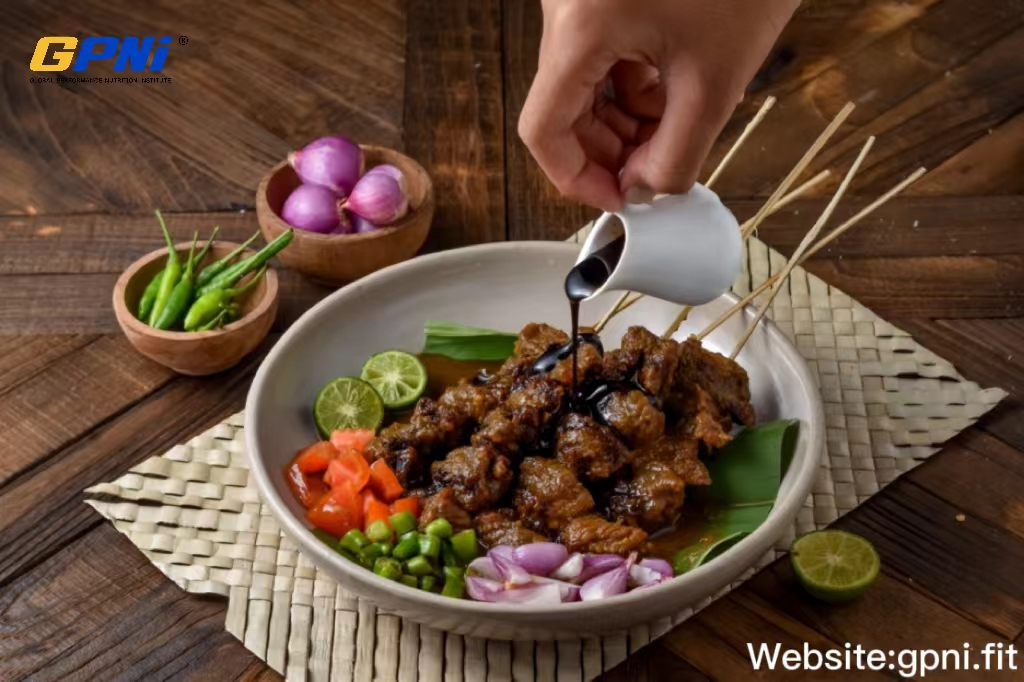The world of nutrition is no stranger to controversy. Everyone has opinions on specific foods, diets, supplements, and how to prepare foods. Soy is definitely one of those foods. Soy has been accused of decreasing male testosterone, promoting cancer, and interfering with thyroid function. Let’s take a closer look at the science and see if any of these claims are valid.

The soybean or soy for short belongs to the legume species. Soy is great in terms of its versatility. It is used in plant-based milk, plant-based protein powders, and used to make tofu – a plant-based staple. In the food industry, soy is used in texturized vegetable protein (a common additive in meat substitutes) and soy lecithin (an emulsifier and flavor protector. It is a nutrient-dense food and a great plant-based source of protein. In fact, some refer to it as a complete protein since it contains all essential amino acids. Although methionine is present in sufficient amounts making it a limiting amino acid of soy. In addition to being a great plant-based protein, this legume is high in isoflavones. Isoflavones (a type of flavonoid) are unique compounds that are found primarily in beans. Research has reported antioxidant, anticancer, antimicrobial, and anti-inflammatory properties in flavonoids. In addition to these benefits, isoflavones have estrogen-like effects, hence where the “idea” that soy consumption can be harmful to testosterone levels. Soy isoflavones can bind to estrogen receptors and have estrogen-agonist and estrogen-antagonist effects.

One misconception is that soy intake may increase the risk of certain types of cancers like breast and prostate cancer. Research actually reports reduced cancer risks in Asian populations with higher soy intakes compared to American populations. Soy intakes are also correlated with a lower incidence of prostate and endometrial cancers.
Another misconception is the effect soy has on sex hormones. The estrogenic effects of soy isoflavones are thought to interfere with sex hormone levels. In one rat study, high exposure to phytoestrogens correlated with lower levels of testosterone. It is important to note that the dose in this study was 20 mg/kg. To put this in perspective, dietary soy intakes range from 6-11g of soy per day. Moreover, a recent meta-analysis in human studies found no significant effects of soy protein or isoflavone intake on total testosterone, free testosterone, estradiol, estrone, and sex hormone-binding globulin.

Based on the aforementioned animal study, one could argue that super-high doses of soy could potentially cause some health issues. However, anything consumed in an unusually high amount has the potential to be harmful (check out some of the serious health effects of micronutrient toxicities!) Based on the available research, regularly consuming various soy products like miso, tempeh, natto, and soy sauce is safe. Not to mention, soybeans are packed with other nutrients such as fiber, folate, calcium, iron, manganese, and potassium. There are some concerns about manufactured soy products and their potential effects on health. These products include items like soy protein powders or soy-based meat alternatives. Does fermented soy have different benefits compared to non-fermented soy? There are many confounding variables that make coming to a conclusive stance on manufactured soy intake difficult. More research is needed to better understand the role, if any, manufactured soy may have.

Cassie Evans is a registered dietitian and a published researcher. She has studied sports nutrition and completed an internship with the University of Miami Sports Nutrition Team and Nova Southeastern University’s sports performance team. She holds a Bachelor of Science in Exercise and Sports Science and received her CISSN in 2018. She is currently pursuing her doctorate in Human and Sports Performance from the Rocky Mountain University of Health Professions.
References
Messina M, Nagata C, Wu AH. Estimated Asian adult soy protein and isoflavone intakes. Nutr Cancer. 2006;55(1):1-12. doi:10.1207/s15327914nc5501_1
Wu AH, Yu MC, Tseng CC, Pike MC. Epidemiology of soy exposures and breast cancer risk. Br J Cancer. 2008;98(1):9-14. doi:10.1038/sj.bjc.6604145
Reed KE, Camargo J, Hamilton-Reeves J, Kurzer M, Messina M. Neither soy nor isoflavone intake affects male reproductive hormones: An expanded and updated meta-analysis of clinical studies. Reprod Toxicol. 2021;100:60-67. doi:10.1016/j.reprotox.2020.12.019
Park SY, Murphy SP, Wilkens LR, Henderson BE, Kolonel LN; Multiethnic Cohort Study. Legume and isoflavone intake and prostate cancer risk: The Multiethnic Cohort Study. Int J Cancer. 2008;123(4):927-932. doi:10.1002/ijc.23594







